
12 moments of philanthropy: #10 EMBL-Stanford Life Science Alliance
Dieter Schwarz Foundation provides the ‘life’ support for innovative global research collaboration of EMBL-Stanford Life Science Alliance
CONNECTIONS2024
connections
Showing results out of

Dieter Schwarz Foundation provides the ‘life’ support for innovative global research collaboration of EMBL-Stanford Life Science Alliance
CONNECTIONS2024
connections
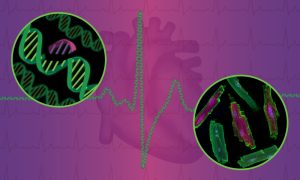
EMBL researchers have made new strides into understanding and reversing genetic defects that underlie familial heart disease.
SCIENCE & TECHNOLOGY2023
sciencescience-technology

EMBL researchers use a new cell sorting technology to gain new insights into cellular function in health and disease, as well as for other innovative applications.
SCIENCE & TECHNOLOGY2023
sciencescience-technology

Dieter Schwarz Foundation renews 3-year funding to EMBL for the EMBL | Stanford Life Science Alliance, a unique international collaboration bringing together researchers from the two leading institutions to develop transformative technologies and accelerate biomedical research.
CONNECTIONSLAB MATTERS2022
connectionslab-matters

EMBL researchers, in collaboration with BD Biosciences, have demonstrated a new technology that allows rapid image-based sorting of cells. The new technology represents a major upgrade to flow cytometry and has applications in diverse life science fields.
SCIENCE & TECHNOLOGY2022
sciencescience-technology
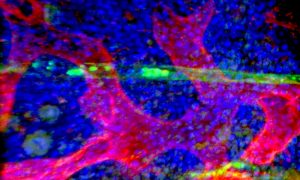
A new method has the potential to boost international research efforts to find drugs that eradicate cancer at its source.
SCIENCE & TECHNOLOGY2021
sciencescience-technology
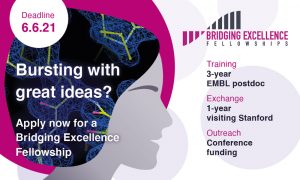
Applications are now open for the Life Science Alliance’s Bridging Excellence Fellowships, enabling postdocs to carry out collaborative projects at EMBL and Stanford University.
EMBL ANNOUNCEMENTSLAB MATTERS2021
embl-announcementslab-matters
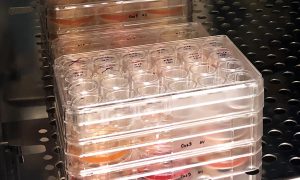
Scientists at EMBL and Heidelberg University Hospital are studying how the novel coronavirus behaves in the gut to try to better understand its epidemiology and prevent its spread. To do this, they are combining advanced imaging and sequencing technologies to study coronavirus in human intestinal…
SCIENCE & TECHNOLOGY2020
sciencescience-technology
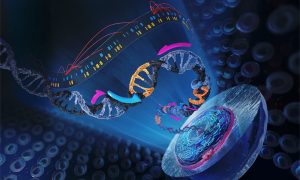
Scientists at EMBL Heidelberg have developed a new method, called Targeted Perturb-seq (TAP-seq), which increases the scale and precision of functional genomics CRISPR–Cas9 screens by orders of magnitude. Their method overcomes limitations in previous applications of single-cell RNA sequencing,…
SCIENCE & TECHNOLOGY2020
sciencescience-technology

Scientists at EMBL Heidelberg are contributing their expertise in a community effort to develop large-scale testing methods for coronavirus. Their goal is to increase the capacity and speed of testing, which is crucial for containing the pandemic.
SCIENCE & TECHNOLOGY2020
sciencescience-technology
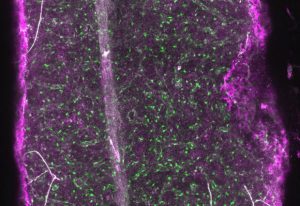
Researchers have developed new methods to reveal the 3D-organisation of bone marrow at a single cell level
SCIENCE & TECHNOLOGY2019
sciencescience-technology
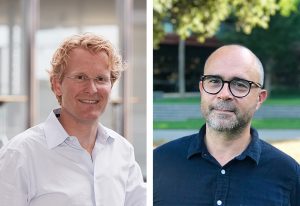
Scientists will discuss the challenges ahead for international science at the EMBL in the USA event.
PEOPLE & PERSPECTIVES2019
alumnipeople-perspectives
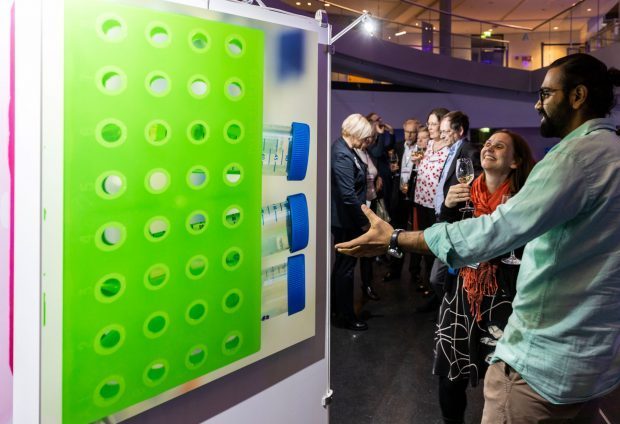
On 20 February, over 250 local supporters and friends met Edith Heard to celebrate a successful year
PEOPLE & PERSPECTIVES2019
eventspeople-perspectives
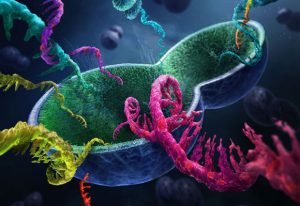
Scientists develop high-throughput yeast single-cell RNA sequencing method
SCIENCE & TECHNOLOGY2019
sciencescience-technology

New platform transforms CRISPR gene editor into precision tool
SCIENCE & TECHNOLOGY2018
sciencescience-technology
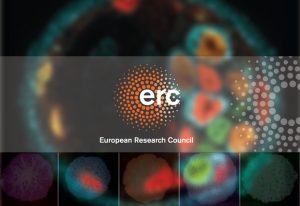
Takashi Hiiragi and Lars Steinmetz received Advanced Grants from the European Research Council (ERC)
EMBL ANNOUNCEMENTSLAB MATTERS2017
embl-announcementslab-matters
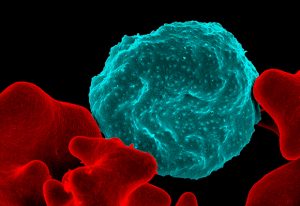
First detailed atlas of start points for genes expression in malaria-causing parasite
SCIENCE & TECHNOLOGY2016
sciencescience-technology
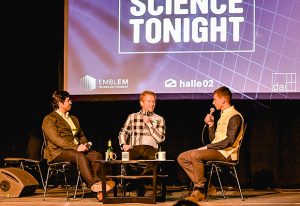
Scientist and showman: PhD student Vasily Sysoev shares his passion for outreach.
PEOPLE & PERSPECTIVES2016
eventspeople-perspectives

Leading scientists will gather in Heidelberg this November to discuss the potential of personalised health.
CONNECTIONS2015
connectionsevents
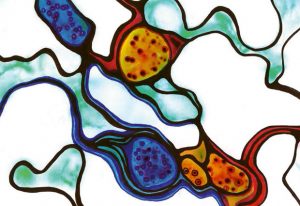
How T-cells are trained on what not to kill
SCIENCE & TECHNOLOGY2015
sciencescience-technology
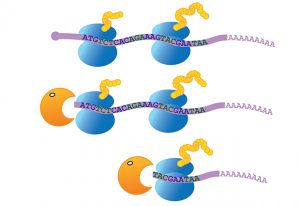
Decaying RNA molecules tell a story that could add more chapters to the study of ribosomes.
SCIENCE & TECHNOLOGY2015
sciencescience-technology

Compound that can restore the function of poorly working mitochondria, with therapeutic potential.
SCIENCE & TECHNOLOGY2014
sciencescience-technology

Third round of calls for joint research projects between EMBL and Luxembourg in 2015
LAB MATTERS2014
lab-matters
Once the human genome was sequenced in 2001, the hunt was on for the genes that make each of us unique. But scientists at the European Molecular Biology Laboratory (EMBL) in Heidelberg, Germany, and Yale and Stanford Universities in the USA, have found that we differ from each other mainly because…
SCIENCE & TECHNOLOGY2010
sciencescience-technology
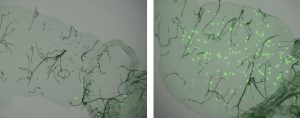
For many years, the mosquitoes that transmit malaria to humans were seen as public enemies, and campaigns to eradicate the disease focused on eliminating the mosquitoes. But, as a study published today in Science shows, the mosquitoes can also be our allies in the fight against this common foe,…
SCIENCE & TECHNOLOGY2009
sciencescience-technology
Genes that contain instructions for making proteins make up less than 2% of the human genome. Yet, for unknown reasons, most of our genome is transcribed into RNA. The same is true for many other organisms that are easier to study than humans. Researchers in the groups of Lars Steinmetz at the…
SCIENCE & TECHNOLOGY2009
sciencescience-technology
No results found